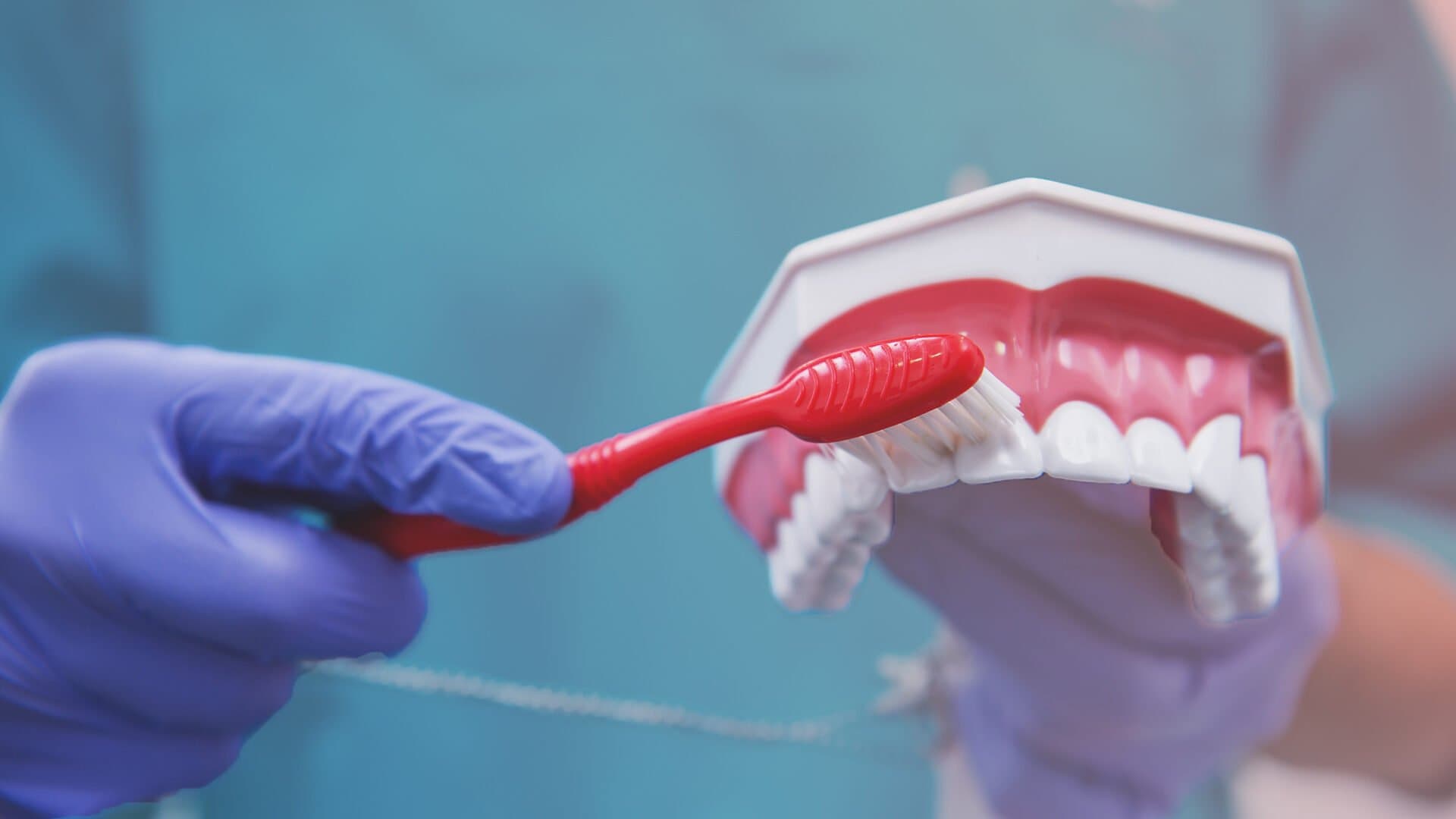Menu
Free Consultation

Gum diseases are health problems that occur as a result of dental treatments and tissue infection. If left untreated, it can progress to tooth loss. Therefore, it is extremely important to research gum diseases, learn their causes and learn prevention information.
Gum diseases usually start with infection and inflammation. Below you can find the most common gum diseases:
Gingivitis is the mildest and most common form of gum disease. Symptoms are:
Gingivitis can be easily treated with good oral hygiene. If left untreated, it can turn into periodontitis.
When gingivitis progresses, periodontitis occurs. This disease can cause gum recession and tooth loss. Symptoms include:
If left untreated, it can cause tooth loss. In addition, periodontitis can affect other systems in the body and lead to serious health problems such as heart disease, diabetes and respiratory diseases.
Gum abscess is a condition that causes swelling and inflammation in the gums due to bacterial infection. If left untreated, it can lead to serious infections. Symptoms include severe pain, fever, bad taste in the mouth and swelling.
Gum recession is the recession of the gum tissue over time, exposing the roots of the teeth. This can lead to sensitivity and cavities in the teeth. Receding gums are a serious condition that can lead to tooth loss over time.
There are many causes of gum disease. The most common causes are:
Not brushing your teeth or brushing them incorrectly is one of the main causes of gum disease. Bacterial plaque damages the gums over time. When teeth are not brushed regularly, plaque can turn into tartar and cause more damage to the gums.
Smoking increases the risk of gum disease. Tobacco products weaken the immune system and prevent gum tissue from healing. In addition, smoking can prevent the gums from receiving oxygen and nutrients, causing inflammation.
Stress suppresses the immune system and reduces the body's ability to fight infections. This paves the way for gum disease. Stress can also lead people to develop harmful habits such as clenching or grinding their teeth.
Some individuals may be genetically more prone to gum disease. The risk is higher in people with a family history of gum disease. Such people should pay more attention to regular dental check-ups.
A balanced and healthy diet is essential to maintain gum health. Vitamin C deficiency can lead to gum inflammation. Excessive sugar and acidic foods increase the formation of dental plaque, threatening gum health.
Hormonal changes such as pregnancy, puberty, and menopause can make gums more sensitive and increase the risk of infection.
To prevent gum disease, you need to take the following precautions:
Smoking and alcohol are factors that negatively affect gum health. When you quit smoking, your gums become healthier.
Reducing stress strengthens your immune system and helps prevent gum disease.
Visiting the dentist every six months helps diagnose gum disease early. Professional teeth cleaning prevents plaque and tartar buildup.
Gum bleeding is usually caused by inflammation of the gums (gingivitis). Apart from this, harsh tooth brushing or vitamin deficiencies can also cause bleeding.
Yes, advanced gum disease can cause tooth loss. Periodontitis can cause the jawbone to melt and cause teeth to fall out.
To stop gum recession, good oral hygiene should be provided, gum-friendly toothpastes should be used and treatments recommended by the dentist should be applied.
Gum disease can be prevented at home with measures such as regular tooth brushing, dental floss, healthy diet and avoiding smoking.
Gum disease can be prevented with early diagnosis and correct precautions. Factors such as regular oral care routine, healthy diet, avoiding smoking and stress play an important role in maintaining gum health. In addition, regular dentist check-ups can prevent gum disease from progressing. Don't forget to take care of your daily oral care for healthy gums!
